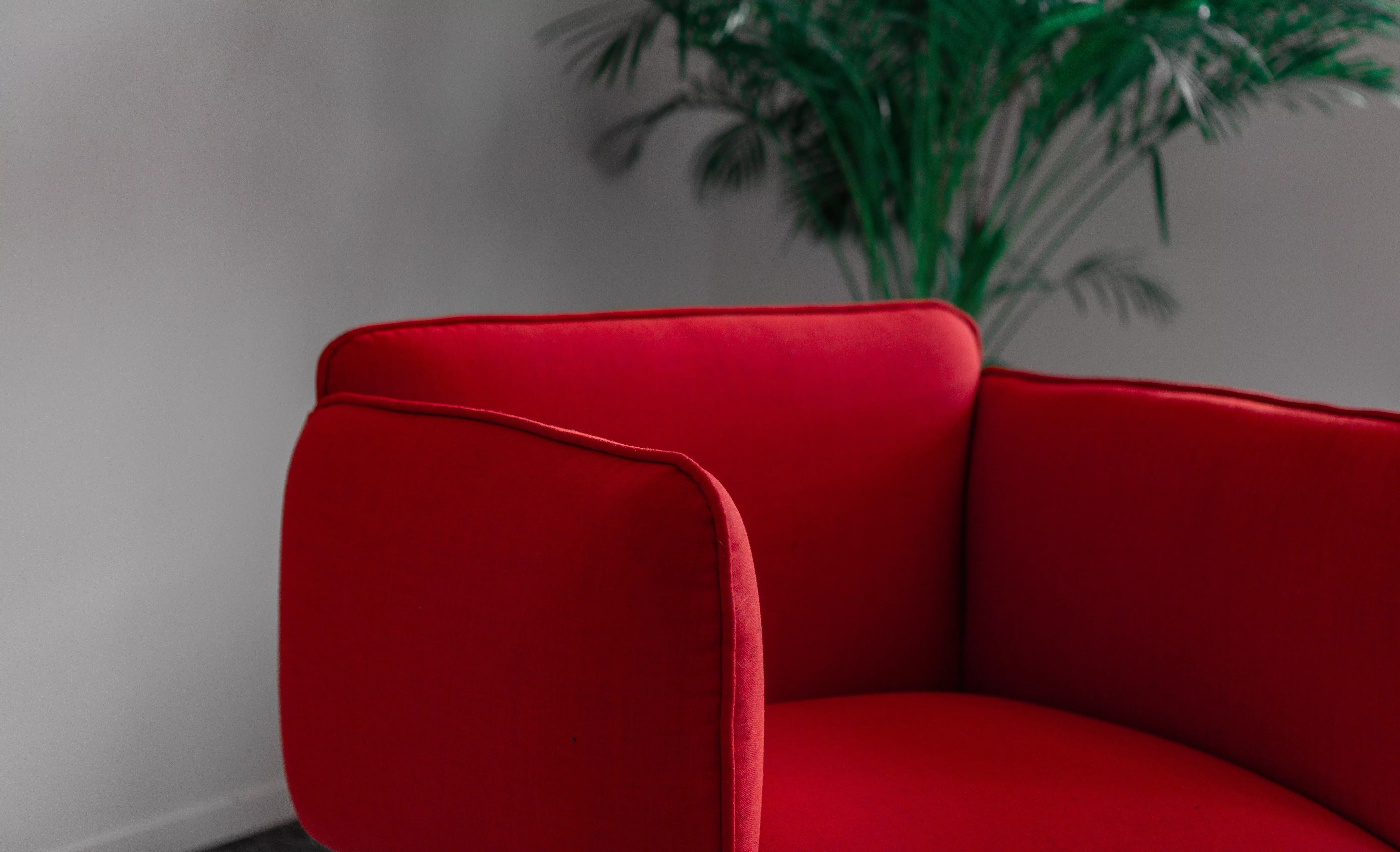Client confidentiality is critical in the world of therapy and counseling, as protecting someone’s privacy is every mental health professional’s top priority.
But it isn’t just the client who’s entitled to privacy — you are, too.
As any seasoned mental health professional knows, protecting your own privacy is a vitally important part of your practice. Having a dedicated phone number that still rings through your cell phone but is not your private cell number can be hugely beneficial in protecting yourself from the tricky situations that can arise when you make a living helping others.
A dedicated phone number helps with boundaries
If a patient has your personal cell number as an emergency contact, it can offer them a sense of connection that goes beyond the professional relationship that you have with them. They may see it as an invitation to friendship or a deeper connection.
Having a dedicated number for patients to call creates a professional barrier that can help navigate ethical quandaries. Being able to say, “This is my emergency contact line for patients,” is very different from saying, “Here is my personal cell number.”
(Sure, your emergency line is ringing through to your cell phone, too — but it’s a separate number, and it can be answered when or if you choose.)
Although most mental health professionals would like to think they’d avoid any thorny situations with patients, it can happen all too easily. Blurred lines between private and professional lives are never a good idea — especially in such a sensitive industry — and things can escalate quickly even for experienced professionals.
A dedicated phone number can provide additional patient support
Keeping your personal cell phone number private isn’t the only benefit of having a dedicated phone number for your patients.
Because this new number will also be equipped with voicemail, you can create a special voicemail greeting that directs patients to appropriate resources should they be in crisis — not necessarily a message you’d want to greet your friends, family, or child’s teacher if they call your personal cell.
Another perk is that you can forward your dedicated patient line, if needed. That way, if you’re wrapped up in a family emergency, there’s no fear that a patient is going to tie up your personal cell phone number if you need to keep the line free (and not be interrupted with work).
A dedicated phone number for individual patients? Sure!
Instead of just one dedicated patient line, why not set up separate lines for certain patients? It’s easy to do with PhoneHub.
Perhaps there is a patient you’ve had a longstanding relationship with and are much more flexible with in terms of your response time, or you have a patient who doesn’t have their own phone and always calls from different numbers. If those patients are given a dedicated number, you’ll know exactly who’s calling and how (and when) to best respond.
No matter how you use them — or how many you choose to set up — having dedicated phone numbers gives you more control over how you choose to communicate with patients over the phone, keeping your personal cell phone number exactly as personal it should be.


